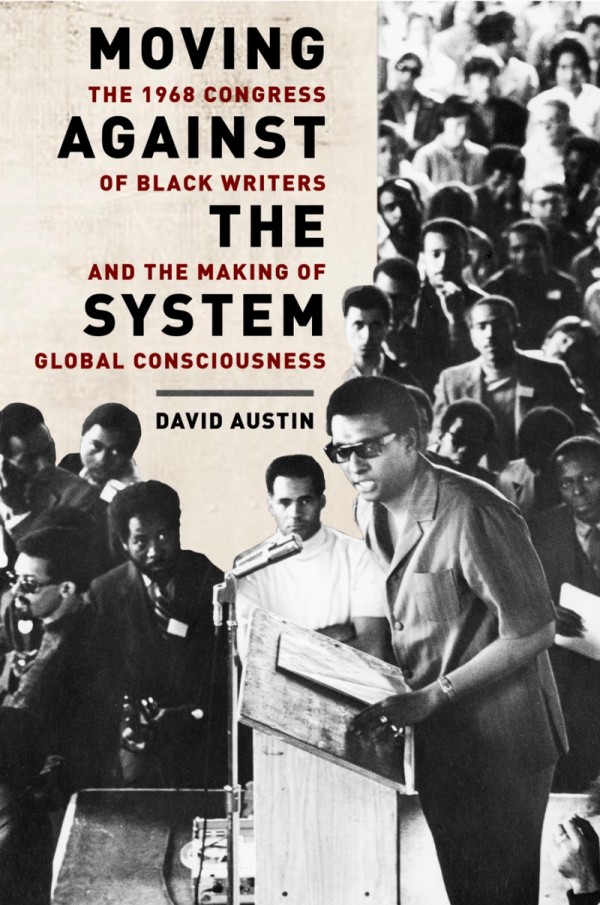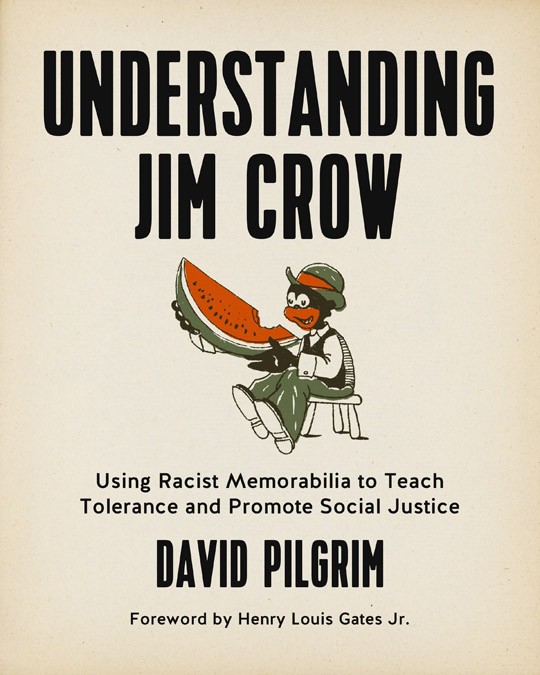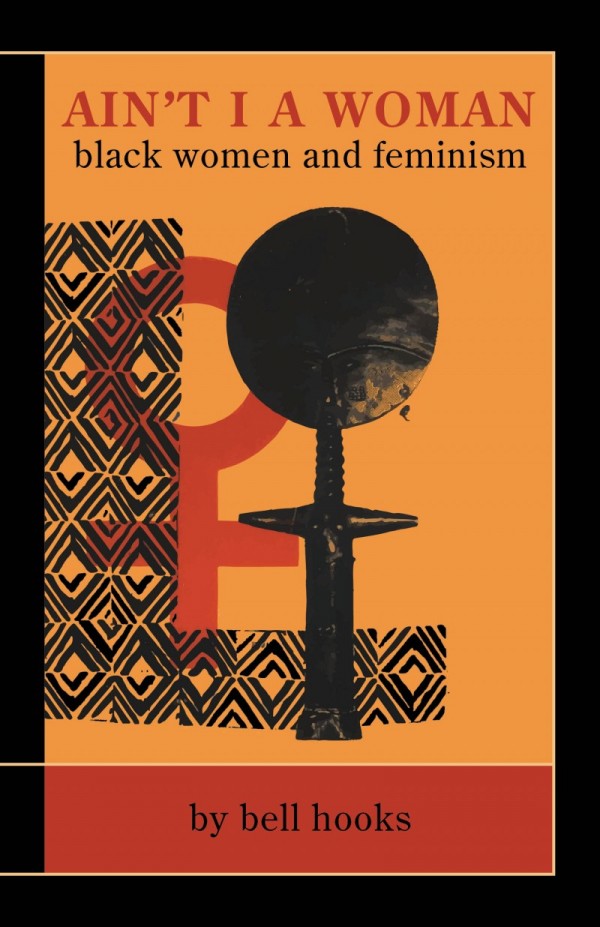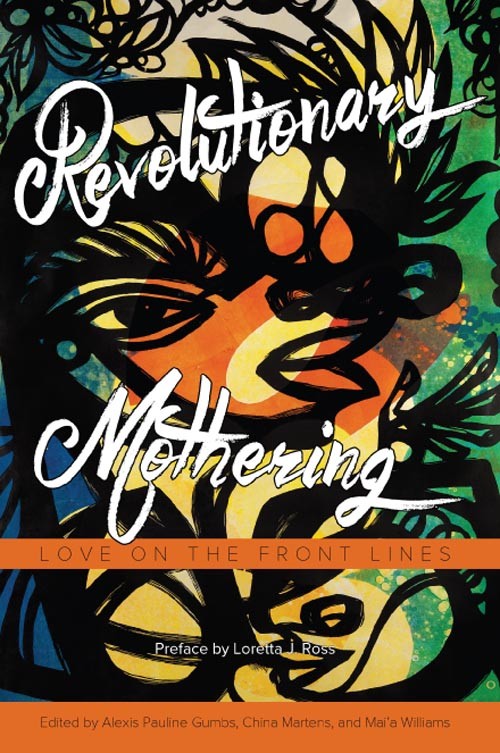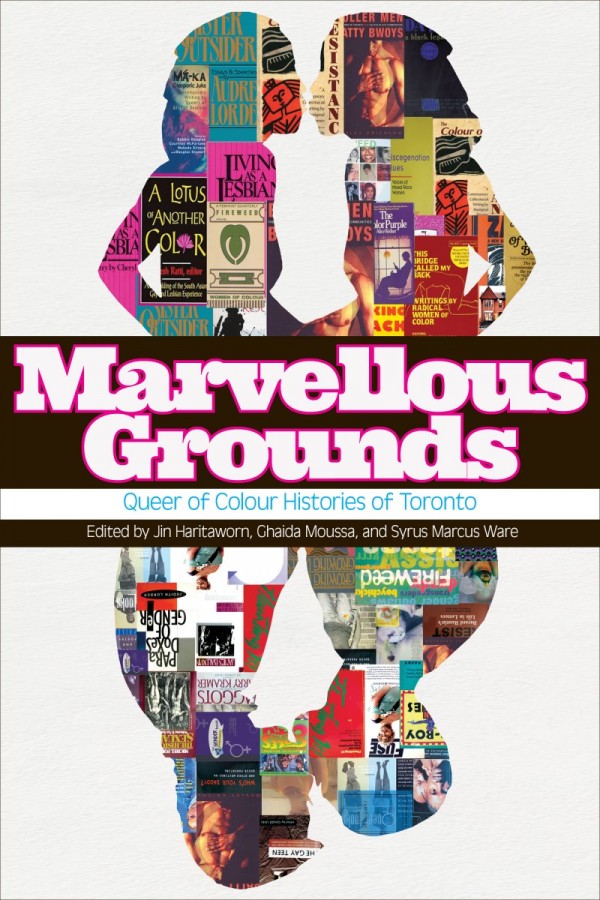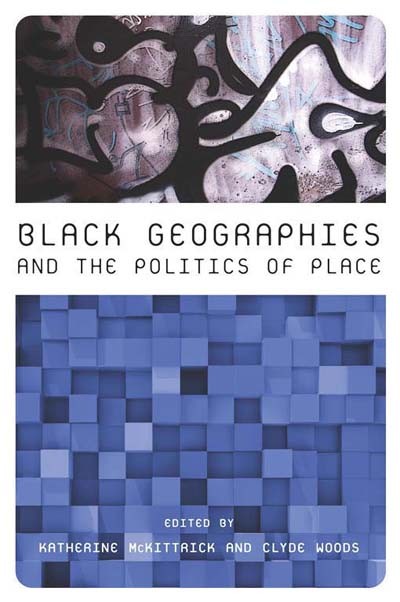Black Lives Matter
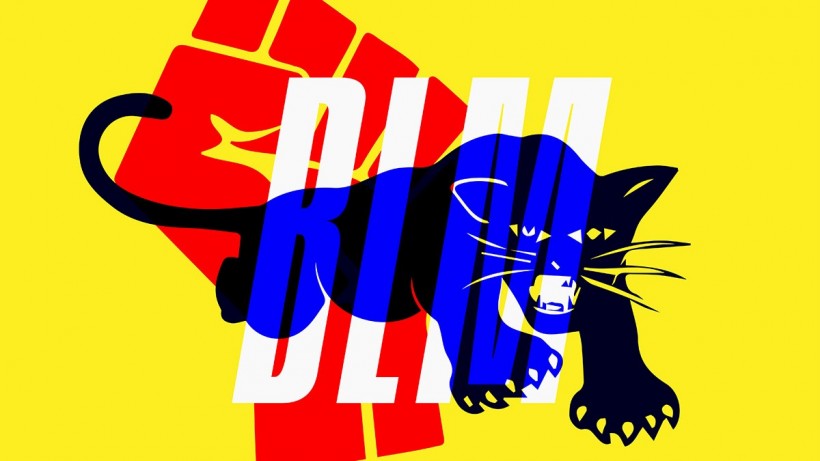
In the months since Minneapolis police murdered George Floyd in broad daylight, the movement for Black lives has blown the lid off democracy-as-usual. Hundreds of thousands of people are in streets across Turtle Island and around the world, protesting against the anti-Black policing and systemic racism that upholds capitalism.
Black Lives Matter is a clarion call for racial and economic justice that is putting a spotlight on anti-Black racism and demanding systemic change. We've put together a reading list that highlights the history and movement for Black lives.
In 1968, as protests shook France and war raged in Vietnam, the giants of Black radical politics descended on Montreal, Canada, to discuss the unique challenges and struggles facing their brothers and sisters. For the first time since that year, David Austin brings alive the speeches and debates of the most important international gathering of Black radicals of the era.
In Big Rapids, Michigan, the Jim Crow Museum of Racist Memorabilia houses a grisly collection of more than ten thousand objects used to engage visitors in intense discussions about race relations and racism. Fully illustrated, with commentary from museum founder and director David Pilgrim, Understanding Jim Crow is both a dark tour through American history and an auspicious starting point for racial understanding and healing.
This landmark work of history and theory challenges every accepted notion about the nature of black women’s lives. bell hooks pushes feminist dialogue to new limits, examining the impact of sexism on black women during slavery, the historic devaluation of black womanhood, and black women’s involvement with feminism. Her insights mark the emergence of a revitalized feminism in the 1980s.
Inspired by the legacy of radical and queer Black feminists of the 1970s and ’80s, Revolutionary Mothering is a movement-shifting anthology that centres marginalized mothers of colour. Oppressed mothers activate a powerful vision of the future while navigating tangible concerns in the present, move beyond individual narratives of choice toward collective solutions, live for more than themselves, and remain accountable to a future that they cannot always see.
Toronto’s rich history of activism by queer and trans people who are Black, Indigenous, or of colour (QTBIPOC) remains largely unwritten and unarchived, until now. The first collection of its kind to feature the art, activism, and writings of QTBIPOC in Toronto, Marvellous Grounds tells the stories that have shaped Toronto’s landscape but are frequently forgotten or erased.
Black Geographies is an interdisciplinary collection of essays in Black geographic theory. Fourteen authors address specific geographies from Canada, the US, and the Caribbean, and provide an exploration of past and present Black spatial theories and experiences. Highlights include essays on the African diaspora, blues and hip-hop, and Nova Scotian and British Columbian Black topography.

